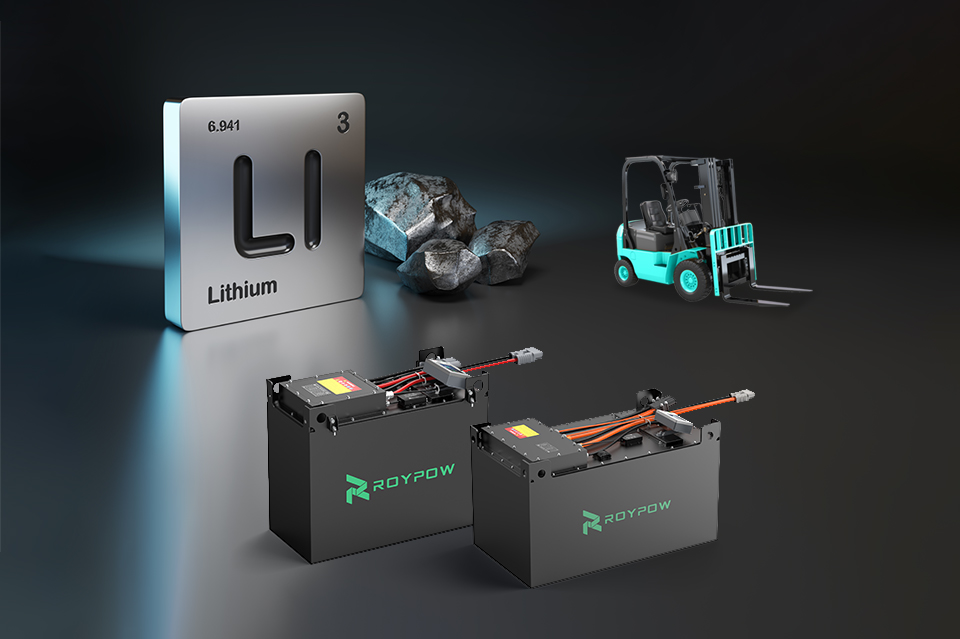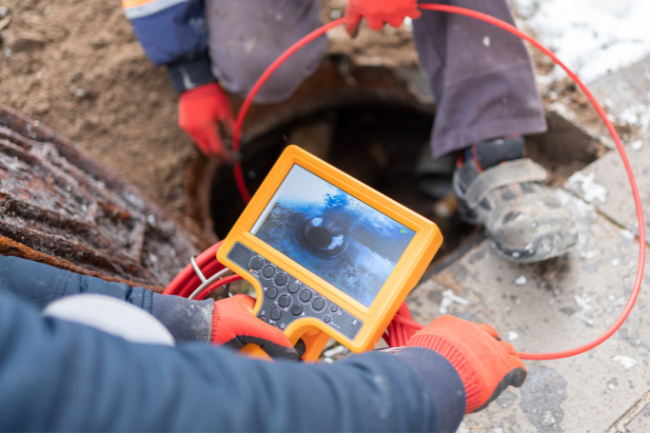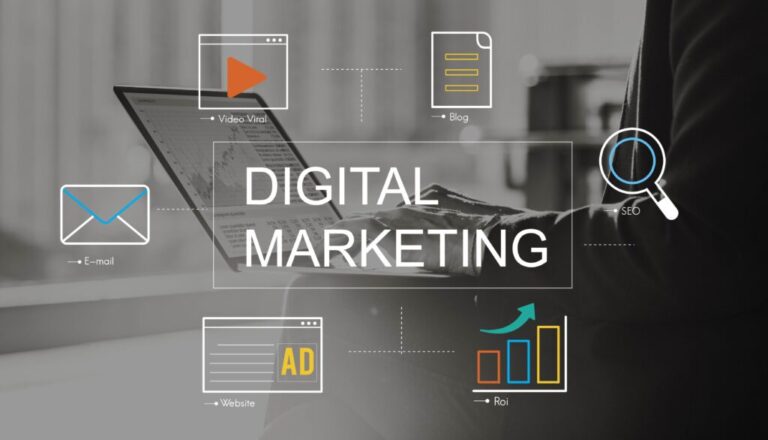The Rise of Lithium Forklift Batteries in Modern Material Handling

The global logistics and warehousing sector is undergoing a period of rapid transformation. As e-commerce expands and supply chains become increasingly complex, efficiency and reliability in material handling are more important than ever. Forklifts, the backbone of warehouse operations, are now powered by technologies that aim to enhance performance and reduce long-term costs. One of the most significant shifts in this evolution is the growing adoption of lithium battery technology.
Why Businesses Are Turning to Lithium Forklift Battery
The transition toward Lithium Forklift Battery solutions is driven by the limitations of traditional lead-acid batteries. Long charging times, frequent maintenance, and inconsistent power output often hinder productivity. Lithium batteries provide a modern solution, combining speed, durability, and efficiency to support continuous operations in demanding environments.
Improved Efficiency and Productivity
Efficiency is a top priority in industries that rely on forklifts. Lithium batteries charge significantly faster than conventional alternatives, often reaching full capacity within a fraction of the time. They also support opportunity charging, allowing operators to recharge during breaks without worrying about battery memory issues. This feature ensures that forklifts are available throughout the day, maximizing uptime and supporting fast-paced workflows.
Consistent Power Delivery
A common challenge with lead-acid batteries is the gradual decline in voltage as the battery discharges. This results in slower lifting speeds and weaker performance during long shifts. Lithium batteries, by contrast, maintain consistent power output until nearly empty. This means forklifts operate at full strength across their usage cycle, improving both efficiency and operator confidence.
Longer Service Life
Durability is another advantage that sets lithium technology apart. On average, lithium forklift batteries last two to three times longer than lead-acid batteries, offering thousands of charge cycles before needing replacement. This extended lifespan reduces costs associated with frequent battery changes and minimizes interruptions in operations.
Reduced Maintenance Requirements
Traditional batteries require regular maintenance, including watering, cleaning, and monitoring for acid leaks. These processes not only consume valuable labor hours but also introduce safety risks. Lithium batteries, with their sealed design, are virtually maintenance-free. They eliminate the need for watering and reduce the risk of corrosion, spills, or harmful gas emissions, creating a cleaner and safer work environment.
Enhanced Safety Features
Safety is paramount in any material handling operation. Lithium forklift batteries come equipped with built-in battery management systems (BMS) that monitor temperature, voltage, and current in real time. This advanced monitoring reduces the risk of overheating, overcharging, or short-circuiting. Furthermore, the stable chemical structure of lithium cells offers an added layer of safety compared to other energy storage options.
Environmental Benefits
As industries prioritize sustainability, lithium technology offers an environmentally friendly alternative. The higher energy efficiency of these batteries reduces overall electricity consumption, while their longer lifespan means fewer replacements and less waste. Additionally, the absence of acid spills and toxic gas emissions supports cleaner warehouse environments and aligns with global sustainability goals.
Cost Considerations and Long-Term Value
While the upfront cost of lithium forklift batteries may be higher than traditional options, the long-term benefits often outweigh the initial investment. Faster charging, minimal maintenance, reduced downtime, and longer service life collectively lower the total cost of ownership. Many businesses find that this transition leads to significant savings over time, particularly in high-demand operations where equipment is in near-constant use.
Versatility Across Applications
Lithium forklift batteries are not limited to one type of operation. They are highly adaptable, performing reliably across a variety of industries including cold storage, retail distribution, food processing, and manufacturing. Their ability to withstand extreme temperatures and harsh environments without losing efficiency makes them a versatile energy solution.
Supporting the Future of Smart Warehousing
With the rise of automation and smart technology, forklifts are increasingly integrated into connected systems. Lithium batteries can provide data insights through monitoring tools that track charge cycles, performance, and battery health. This information helps warehouse managers make data-driven decisions, improve scheduling, and reduce unplanned downtime, paving the way for smarter operations.
Conclusion
The shift toward lithium forklift batteries represents a broader trend in the material handling industry: the pursuit of efficiency, safety, and sustainability. Offering faster charging, consistent performance, minimal maintenance, and long-term cost savings, these batteries are redefining the standards of warehouse power solutions. As industries continue to evolve, adopting this technology is not just an upgrade—it is a strategic move toward future-ready operations.






